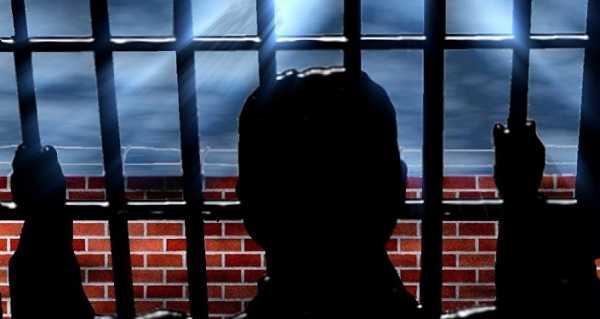
There are 16,000 inmates in Gaza, and according to the Independent Commission for Human Rights, they all leave in appalling conditions, partly due to the fact that Hamas, which runs the Strip, doesn’t have the funds to assist them, and partly because the number of prisoners is constantly growing.
It’s been three months since Rami Aman, a peace activist from Gaza, was released from the prison of Hamas, the Islamic group that controls the Strip.
Hamas attempted to accuse him of spying for Israel and although they never succeeded in finding evidence to corroborate the claims, Aman spent many days in a Gaza prison.
In an earlier interview, Aman told Sputnik about the harsh conditions he has been living in, which included torture, hunger and poor hygiene.
Lacking the Basics
But Aman was far from the only one. Even though exact numbers are unknown, there are 16,000 prisoners in Gaza jails. Some are jailed on espionage charges. The vast majority are there because of criminal offences.
Sobhia Gomaa, the Coordinator of the Fact-Finding and Complaints Management Unit at the Independent Commission for Human Rights, has been monitoring the conditions of Gazan prisoners for years. And she says their conditions are “appalling”.
Gomaa explains that often power and gas shortages disrupt the ability of the prison administration to provide inmates with warm meals. This is why they turned to canned food, but that caused an increase in the amount of prisoners, whose health deteriorated and who sought medical assistance.
However, this is not their only problem. According to Gomaa and the organisation she represents, Gaza prisons are overcrowded and the lack of space prompts Hamas authorities to hold them in either detention or rehabilitation centres that are often not equipped to hold a large number of inmates.
The situation in those detention centres is acute too, and in some the conditions are so bad that one mattress is shared by three or four prisoners.
No Hope in Sight
The Independent Commission for Human Rights has repeatedly tried to draw the attention of the authorities to the dire conditions of local inmates.
They warned that if the situation continued to deteriorate, some might even lose their lives. But Gomaa says that most of her organisation’s pleas have fell on deaf ears.
The main reason for this, she thinks, is the growing crime rate in Gaza.
Gaza’s economic situation started to deteriorate in 2007, when Hamas, an organisation deemed terrorist by Israel, took control over the enclave, prompting the Jewish state to impose a total blockade of the enclave.
The economy kept souring in 2020 after the outbreak of the coronavirus pandemic and the decision of the authorities to shut down private businesses and public institutions, a move that sent thousands of Gazans home without a paycheck.
In an enclave where more than half of two million people are currently living below the poverty line, and where residents access to essential things, catering to the needs of the inmates is not Hamas’ top priority.
Sourse: sputniknews.com
0.00 (0%) 0 votes


































